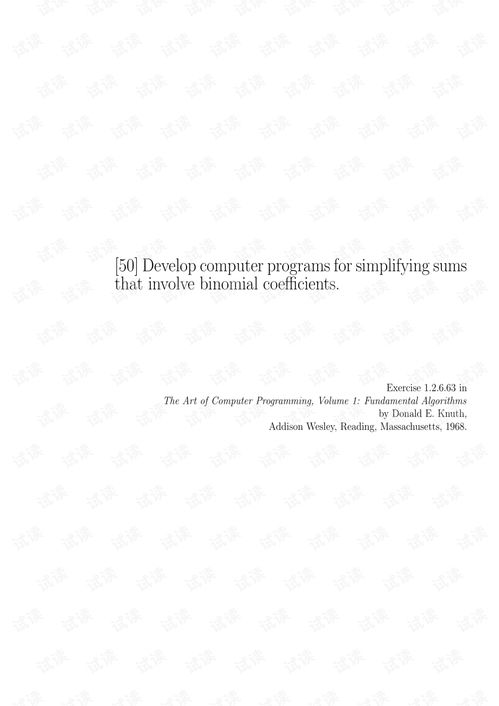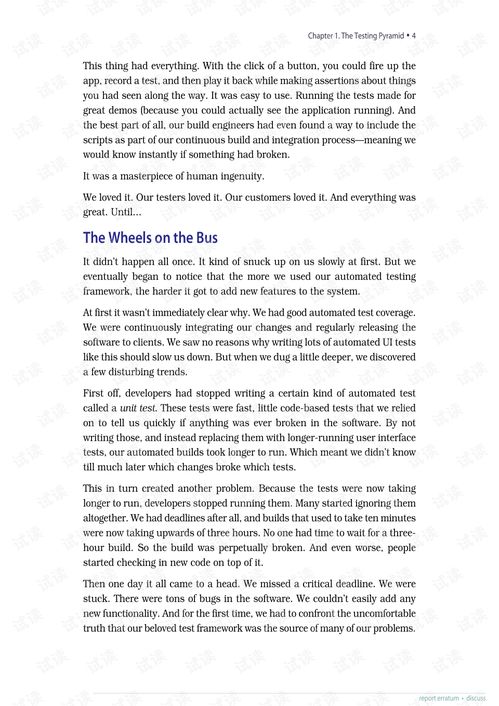In the serene world of angling, there lies a rich tapestry of experiences, techniques, and stories that can be beautifully woven into a compelling essay. Whether you are a seasoned angler or a budding writer, mastering the art of writing about fishing can be both a rewarding and a challenging endeavor. This article delves into the essential techniques for crafting a captivating essay that not only describes the act of fishing but also the emotions, lessons, and personal growth that come with it.
Start with a Strong Hook
Just as a fisherman casts his line with a purpose, your essay should begin with a strong hook—a captivating opening that draws the reader in. This could be a vivid description of a fishing scene, a personal anecdote, or a surprising fact about fishing. For instance:
"The sun dipped below the horizon, casting a golden glow over the tranquil lake. It was in this serene setting that I embarked on a fishing adventure that would change my life forever."
Paint a Picture with Words
Fishing is an activity that is as much about the visual experience as it is about the physical act. Use descriptive language to paint a picture of the environment, the weather, the scenery, and the action of fishing itself. For example:
"The lake's surface shimmered with the ripples caused by the occasional splash of a fish, while the distant call of a loon echoed through the twilight."
Share Your Personal Experience
One of the most compelling aspects of writing about fishing is the opportunity to share your personal experiences and reflections. Discuss the emotions you felt, the challenges you overcame, and the lessons you learned. For example:
"As I sat on the edge of the boat, my heart raced with anticipation. Each cast felt like a bet on the unknown, and the weight of the line in my hand was a tangible symbol of my hopes and fears."
Include the Techniques
While the personal touch is crucial, it's also important to provide practical information about the fishing techniques you used. Explain the equipment, the methods, and the strategies that contributed to your success or the challenges you faced. For instance:
"I chose a spinning rod and a lightweight lure, hoping to mimic the movement of a small fish. My technique involved casting with a gentle flick of the wrist, allowing the lure to drift naturally in the water."
Reflect on the Experience
Once you've described the fishing experience, take a moment to reflect on what it meant to you. Consider the connection between nature, patience, and the human spirit. For example:
"As the day waned, I realized that fishing is more than just catching fish; it's about finding peace in the present moment, understanding the rhythm of nature, and appreciating the simple joys of life."
Conclude with a Final Thought
End your essay with a strong conclusion that ties everything together and leaves a lasting impression on the reader. Summarize the key points of your essay and offer a final thought or a call to action. For example:
"In the end, the fish I caught were secondary to the experience itself. It was a reminder that sometimes, the greatest rewards come not from the outcome, but from the journey."
Edit and Refine

Finally, remember that writing is a process of refinement. Take the time to edit and revise your essay. Look for areas where you can improve the flow, add more detail, or clarify your thoughts. Reading your essay aloud can help catch any awkward phrases or sentence structures.
By incorporating these techniques into your writing, you can create an essay that not only describes the act of fishing but also captures the essence of what it means to be an angler. Whether you're sharing your experiences with friends, entering a writing contest, or simply recording your thoughts for personal satisfaction, the art of writing about fishing can be a deeply rewarding endeavor. So, cast your line and let your words bring the beauty of fishing to life on the page.












